The subsidy period was perhaps the period in which the working attitude of workers was most clearly demonstrated. At that time, work results were converted into points for grading. More points meant more work. However, with the collective working method that many people once sadly said “no one cries for public property”, a large number of workers worked half-heartedly, even only showing up to take roll call and grade without caring about whether they did any work or not.
My grandfather told me: The fields, the buffaloes, the plows, the hoes… all belong to the cooperative. Who plows, who raises the animals, who builds the banks, who pulls up the rice seedlings are all assigned by the cooperative. Every morning, when the gong sounds, people leisurely go to the fields to work, and before the end of the working day, they are waiting for the gong to go home. The farmers do not care about the quality of the work, whether the rice is good or bad, they only care about filling their work.
After each working session, members return to the cooperative to collect a timesheet, with 10 points equivalent to one workday. For example, plowing one sao of rice field is counted as 10 points, including building embankments and pulling up seedlings. Because the work is calculated in an equal manner, people tend to be lazy and do things perfunctorily. Some people plow one line, leave another line, build embankments and sometimes only cover the four corners, then report back to get points. In general, people have no motivation to produce, so labor productivity is very low...
Nowadays, the working attitude of workers, especially in the state sector, is also a matter of much discussion. With a hesitant, lazy, and afraid-of-difficulty attitude, a significant number of civil servants and public employees have contributed significantly to… reducing the motivation for social development.
Why does this happen? There are many reasons. It is because they have connections here and there, then they are clever enough to please their superiors, they are on the state payroll so they obviously receive a regular salary... In fact, for these people, qualifications have never been considered a significant issue. In fact, the more qualifications they have, the more work they have to do, leaving the enjoyment to those with a good "attitude".
Therefore, the revolution of streamlining and streamlining the apparatus that is taking place very urgently today is a rare opportunity, a better time than ever to eliminate those who work with a hesitant attitude.
According to General Secretary To Lam , the current context of the country has no place for opportunistic, competitive, moderate, hesitant, afraid of innovation, or self-interested cadres. "Those who feel they do not meet the requirements should withdraw and make way for others who are more deserving. Voluntarily standing behind for the cause of development is also an act of courage and bravery, worthy of praise...".
According to the assessment of the Ministry of Home Affairs , the current situation of the civil service is both redundant and insufficient; there is a state of avoidance, pushing, not daring to think, not daring to do; the mentality of "being in the government is safe", "lifelong civil service status", and the elimination mechanism is not strong enough (regulations that only those who are classified as not completing their tasks for 2 consecutive years will have their employment contracts terminated).
Even in our province, although the Provincial Party Committee and Provincial People's Committee pay special attention to leading and directing the promotion of the spirit of daring to think, daring to do, daring to take responsibility for the common benefit of the team of cadres, civil servants and public employees, the situation of avoiding, pushing work, fear of mistakes, fear of responsibility; pushing work to higher agencies or other agencies still occurs.
Common manifestations are avoiding difficult, complicated, and sensitive matters in performing public duties and handling administrative procedures for people and businesses; delaying handling, leaving work pending; responding and giving unclear instructions on the viewpoints and opinions of one's own organization or unit; seeking to push work or asking for opinions on issues within one's authority; abusing the use of consultation to avoid responsibility.
The consequence is that the work processing is prolonged, hindering and reducing the effectiveness and efficiency of the direction and administration of the government at all levels. In some places, there is a great stagnation, reducing the trust of people and businesses in state agencies, affecting the implementation of the proposed socio-economic development goals.
Therefore, it is necessary to establish a mechanism for screening civil servants, not only to overcome current shortcomings, create a mechanism to screen and replace irresponsible and incompetent officials and civil servants, but also to implement the Party's policies on personnel work, including encouraging and protecting dynamic, creative officials who dare to think, dare to do, and dare to take responsibility for the common good.
Only when we build a reasonable and effective civil servant examination mechanism can we have a team of civil servants who are proficient in their profession, have high quality, and have enough capacity and qualities to meet the development requirements of the country.
General Secretary To Lam emphasized: Streamlining the organizational apparatus goes hand in hand with streamlining the payroll, restructuring the team of qualified and capable officials, and not allowing state agencies to be a "safe haven" for weak officials.
This means choosing the right staff, avoiding the situation of streamlining the wrong subjects. There are departments with excess staff, there are officials who are weak in capacity, qualifications, and qualities, who should be streamlining but are not implemented, while "streamlining" is done in departments and fields that are really necessary, even lacking workers, to achieve the goal.
To do so, we must put the common interest first and foremost. We need to evaluate and use the right cadres; pay attention to arrangements to avoid "talented people quitting, incompetent people staying"; choose to retain the elite in the apparatus, those who are truly dedicated, have contributions, have experience, and have courage.
Quang Nam
Source: http://baovinhphuc.com.vn/Multimedia/Images/Id/126817/Thai-do-lam-viec


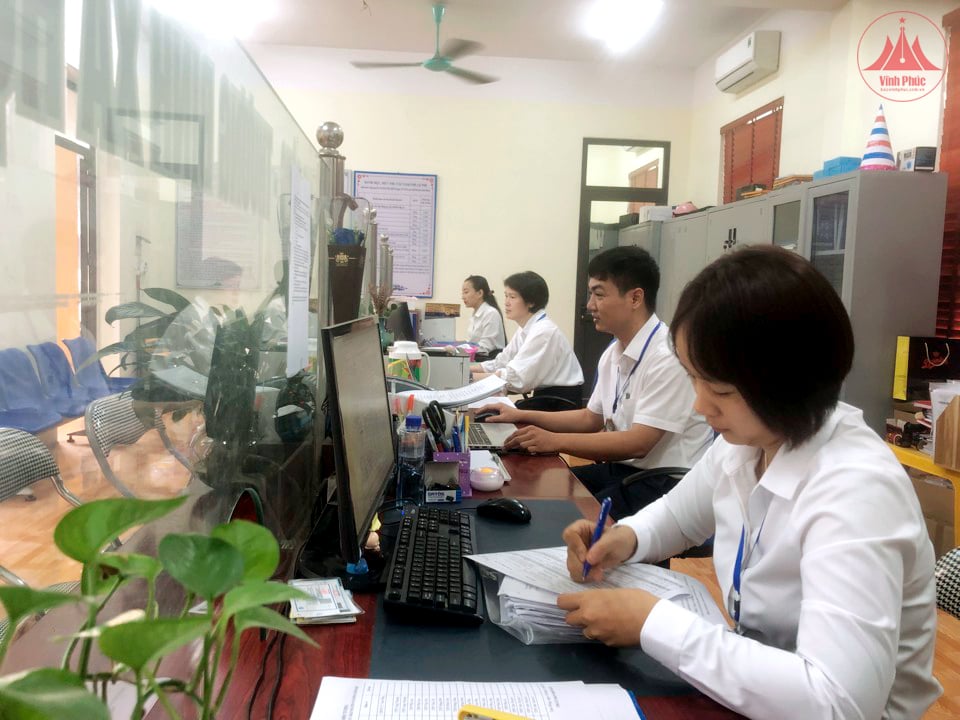

![[Photo] General Secretary To Lam receives First Deputy Secretary General of the African National Congress (ANC) of South Africa](https://vphoto.vietnam.vn/thumb/1200x675/vietnam/resource/IMAGE/2025/5/20/bb2999907e1245d5b4c7310a890d8201)










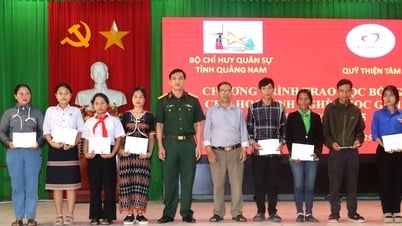












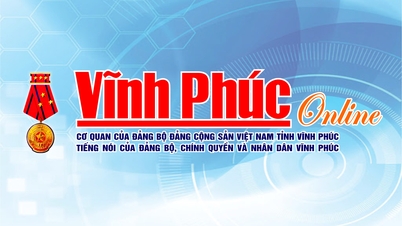

![[Photo] Award ceremony for works on studying and following President Ho Chi Minh](https://vphoto.vietnam.vn/thumb/1200x675/vietnam/resource/IMAGE/2025/5/20/a08ce9374fa544c292cca22d4424e6c0)
![[Photo] Vietnamese shipbuilding with the aspiration to reach out to the ocean](https://vphoto.vietnam.vn/thumb/1200x675/vietnam/resource/IMAGE/2025/5/20/24ecf0ba837b4c2a8b73853b45e40aa7)







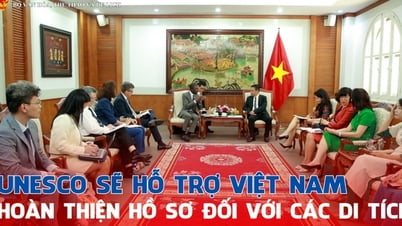




















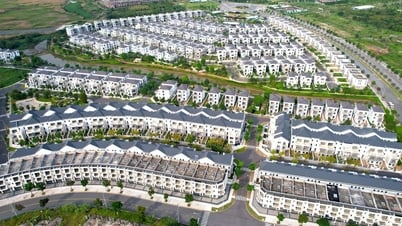


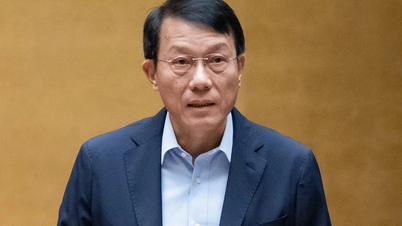





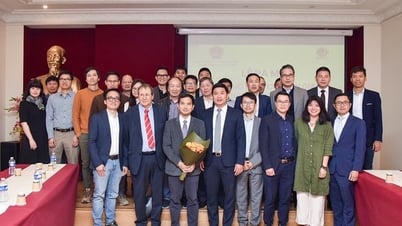

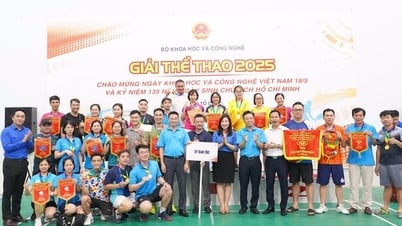


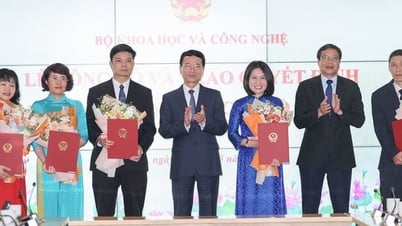
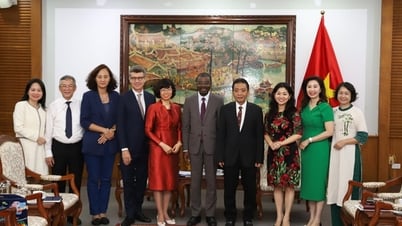










![[VIDEO] - Enhancing the value of Quang Nam OCOP products through trade connections](https://vphoto.vietnam.vn/thumb/402x226/vietnam/resource/IMAGE/2025/5/17/5be5b5fff1f14914986fad159097a677)
Comment (0)